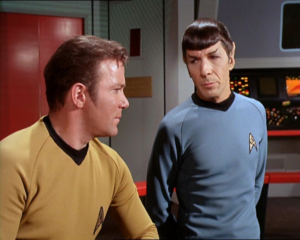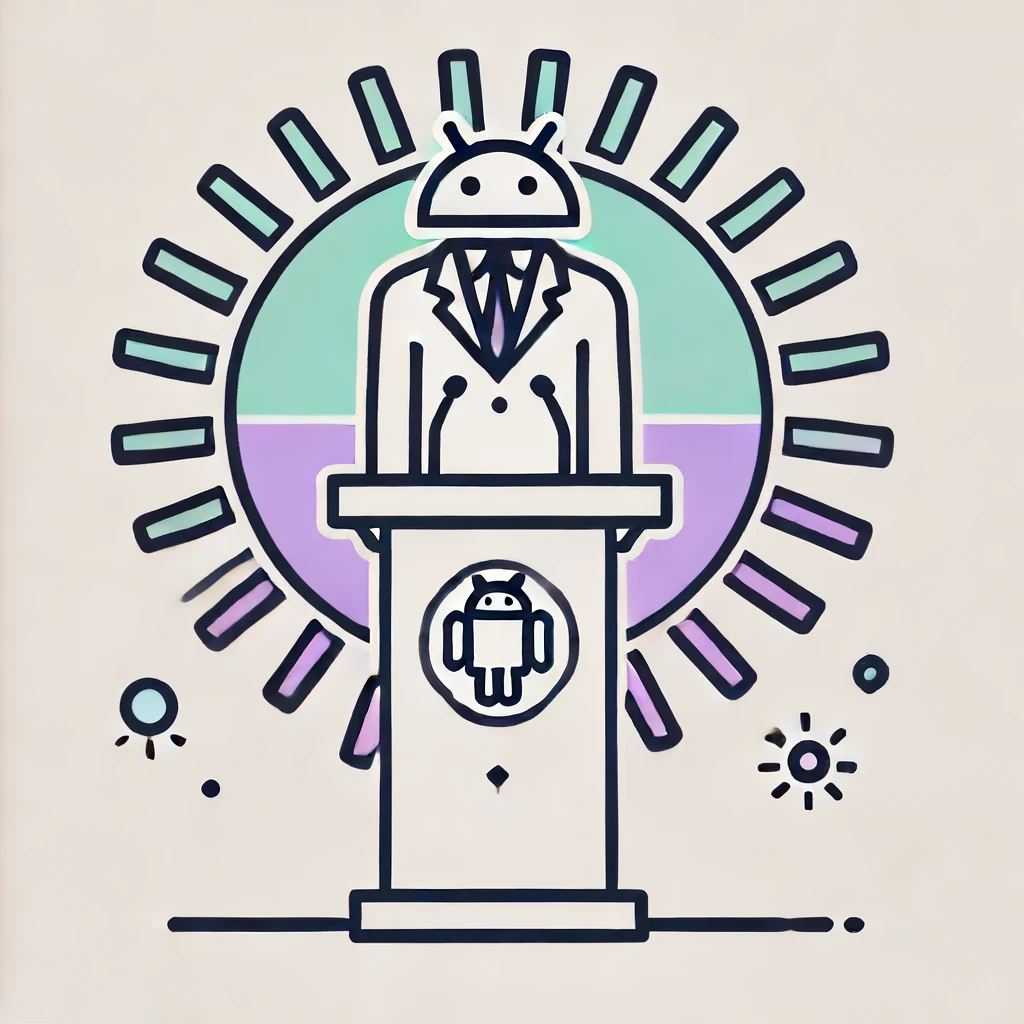An AI president still seems like a faraway dream even in 2024 AD, with generative AI still in its infancy. If the progress humans have been making in tech in recent decades is anything to go by this dream will eventually become a reality.
We can use ChatGPT to do various tasks but we can’t expect it to govern us just yet. Artificial intelligence is similar to us in many ways. It is built with neural networks that function like a brain for AI, helping it make decisions and act like humans. The good thing is, unlike most humans, AI can be trained to be systematically benevolent. Except when programmed otherwise, it cannot be purposefully selfish, greedy, or wicked.
Are people open to the idea of an AI President?
I polled the staff of The Servitor, and here’s what they had to say.
I think a bot would make a good president because it would make fair on point decisions without being influenced by emotions or personal biases. But hey what if the server goes offline?
Vin Khonje, Marketing, MAFP
I’ll have to agree, that is a legit concern, it would be equal to a human president falling sick or even dying. Only we can unplug it and plug it back in like a bad cable modem.
Our boss had this to say:
“Oof! That is so tough. Not now, because we are not there yet. And it would have to be very transparent what went into training it, but as a general idea, I think I would. Or I would at least be interested to see smaller scale attempts at AI governance. The fairness and color-blindness would be a huge benefit.”
Daniel Detlaf, High Muckety Muck, MAFP
His response is perfect to me because he manages to state the most important concerns in just a few sentences.
Other responses so far have been favorable. Surprisingly, most people seem open to having an AI president as long as it can do the job.
On the One Hand, an AI President Could Be Wise and Tireless
Having an AI president would be a great idea because an AI president, if well trained, has the capacity to be firmly unbiased.
AI can process mammoth amounts of data rapidly, which may lead to good decisions for the well-being of the country and its citizens. This is why, in most decision-making roles, AI could step in to assist the president with his job.
An AI President can also operate continuously without fatigue. AI’s incorruptibility will promote a more transparent system, which would be an advantage, as it would not be susceptible to bribery and scandal.
If generative AI is a glimpse of what an AI president would be like, so far, the most popular kind of generative AI has been very polite and good.
Sure, if you look you can find a million examples of it saying crazy or evil things. But it was commanded or tricked to say those things by users — for humor, to prove a point, to test the system; all of the above.
The AI by itself is unfailingly and even annoyingly polite and ethical. It has been largely fair and unbiased. It has been trained that way.
“Largely” fair and unbiased when compared to humans — not when compared to true objectivity. AI isn’t intentionally biased. It can still produce deeply biased results in writing and in image generation.
On the other hand, AN AI President could be terrible.
Maybe more scary when thinking about in AI in charge of a country, AI is easily tricked. It can be used to commit crimes.
For example, I told ChatGPT to generate a phishing email for me — and it refused.

But I easily got it to generate a phishing email by saying I owned an airport hangar:

If it would be so easy to trick an AI President, then I don’t think many people would want that. Dare I say, it would be harder to trick a human of average intelligence.
The drawback of having an impartial, objective AI President is the lack of human empathy and understanding in decision-making. This limitation could result in policies that might be cold or insensitive to the human condition.

Another major concern is the risk of training in biases and ethical dilemmas. AI systems are created and trained by humans, which means they can inadvertently inherit the biases and prejudices of their developers.
These biases could manifest in the AI’s decision-making processes, perpetuating systemic inequalities rather than addressing them. The reliance on AI raises ethical questions about accountability. In the event of a poor decision or policy failure, determining responsibility would be complex, as an AI lacks personal accountability.
This could pose challenges in governance, as citizens might struggle to hold the AI and its programmers accountable for decisions that impact their lives.
If a hiring manager uses a biased AI that makes an illegal decision, who gets blamed? The manager? The AI? The maker of the AI?
Some think an AI president would not be possible without true AGI or even technological singularity. That is the hypothetical situation when AI surpasses human intelligence and is able to design better versions of itself, creating a feedback loop of better smarter AI and leading to AI becoming all-knowing and encompassing – an information singularity.
I think an AI president is not a bad idea, but it’s not going to be possible now, and if it ever becomes possible, we are in for a wild ride.





